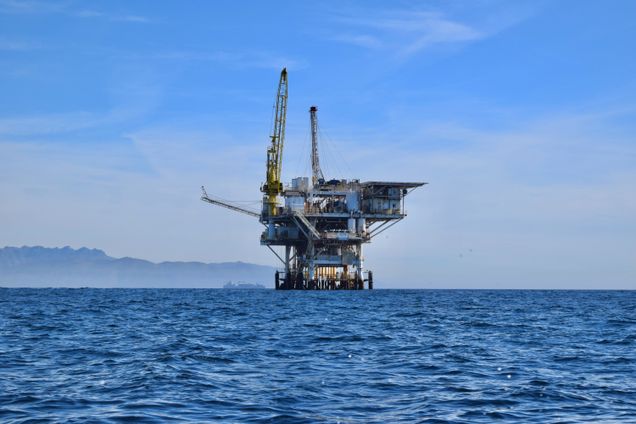Investor-State Dispute Settlement: Obstructing a Just Energy Transition

A controversial legal process known as investor-state dispute settlements (ISDS) is making it difficult for governments to mobilize finance for ambitious climate action.
When assets are protected by international investment treaties, like the Energy Charter Treaty, legal claims can be brought against countries by investors who feel they are negatively impacted by government policies. For example, Italy was recently ordered to pay UK-based oil/gas company Rockhopper more than €190 million for the Italian government’s refusal to grant an offshore oil concession. A May 2022 study in Science found potential ISDS claims globally could total as much as $340 billion.
What is the potential liability of Global South countries to ISDS claims? And how does ISDS compound the ability of these countries to mobilize resources to invest in adaptation and mitigation and justly transition to net-zero economies?
A new study published in Climate Policy by a team of researchers at the Boston University Global Development Policy Center, Colorado State University and Queen’s University in Canada calculated the financial risk of ISDS by the average net present value (NPV) of all treaty-protected oil and gas projects as a percentage of gross domestic product (GDP), compared with climate vulnerability. The authors find that more than two-thirds of the calculated financial risk through potential ISDS claims is borne by countries in the Global South, resulting in a de facto transfer of wealth from the Global South to the Global North that undermines global climate finance commitments.
Main findings:
- Guyana faces ISDS risks upwards of $15 billion, nearly three times its GDP.
- Mozambique faces an ISDS risk of nearly twice its GDP ($29 billion), while being among the top 25 percent most climate vulnerable countries in the world.
- Other highly vulnerable countries include Senegal ($2.4 billion; 10 percent of GDP) and the Republic of the Congo ($1.5 billion; 12 percent of GDP).
- African countries are in a particularly precarious position, where climate adaptation investment could be stifled due to expensive investor payouts for climate action.
- ISDS financial risks may also jeopardize necessary renewable energy investment countries with higher carbon footprints will need to achieve their nationally determined contributions (NDCs).
- Nigeria faces ISDS financial risk amounting to $8 billion, or 26 percent of the costs of meeting their NDCs, followed by Uzbekistan ($800 million; 24 percent of NDC costs) and Indonesia ($3.9 billion; 17 percent of NDC costs).
- The United Arab Emirates and Venezuela face ISDS expenses 7 to 30 times greater than the expected costs of their NDCs, respectively.
The Global South faces substantial financial risk from ISDS if they cancel upstream projects in line with a transition to net-zero by 2040, and that price tag would substantially increase if coal, fossil fuel infrastructure and power generation were included in the analysis. To limit the risk of ISDS claims, states should stop issuing permits for new oil and gas projects, terminate investment treaties and develop binding rules to cap the amount of compensation that can be awarded to investors